A $400 million lawsuit was filed against UBS in Connecticut state court on October 23 by former banker Tom Hayes, who was wrongly convicted of conspiracy to defraud in the Libor interest-rate rigging scandal. Hayes, who spent five and a half years in prison before his conviction was overturned in July, alleges that UBS wrongly cast him as the mastermind behind the scandal. The lawsuit seeks $400 million in damages.
According to court documents, Hayes claims that UBS knowingly allowed him to take the fall for the scandal, which involved manipulating the London Interbank Offered Rate (Libor) to benefit the bank's trading positions. Hayes' lawyers argue that UBS failed to provide adequate support for their client during the investigation and trial, and that the bank's actions were motivated by a desire to protect its own reputation and interests.
"We believe that UBS knowingly allowed Tom Hayes to take the blame for the Libor scandal, and that this was a deliberate attempt to protect the bank's reputation and avoid accountability," said Hayes' lawyer, who wished to remain anonymous. "Our client is seeking justice and compensation for the harm that he suffered as a result of UBS' actions."
The Libor scandal, which was first revealed in 2012, involved a widespread conspiracy among banks to manipulate the Libor rate for their own gain. The scandal led to numerous fines and penalties for banks involved, including UBS, which paid a $1.5 billion fine in 2012. However, Hayes was the only individual to be convicted and sentenced to prison for his role in the scandal.
Hayes' conviction was overturned in July after a court ruled that the prosecution had failed to provide sufficient evidence to support the charges. Hayes was released from prison and has since spoken publicly about his experiences and the impact that the scandal had on his life.
The lawsuit against UBS is seen as a significant development in the ongoing debate about the treatment of individuals who are accused of wrongdoing in the financial sector. Critics argue that banks often prioritize their own interests over the well-being of their employees, and that this can lead to devastating consequences for those who are accused of wrongdoing.
"This lawsuit highlights the need for greater accountability and transparency in the financial sector," said a spokesperson for the advocacy group, Better Markets. "Banks must be held responsible for their actions, and individuals who are accused of wrongdoing must be treated fairly and with respect."
The case is currently ongoing, with UBS yet to respond to the lawsuit. A spokesperson for the bank declined to comment on the matter, citing the ongoing litigation.
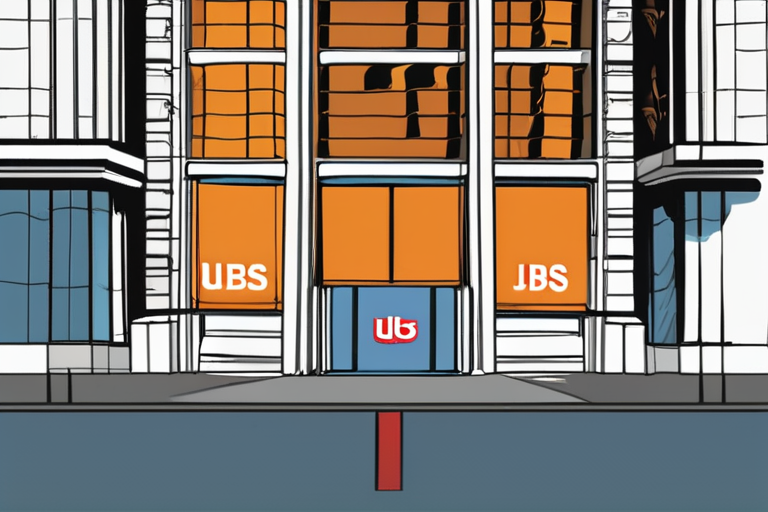


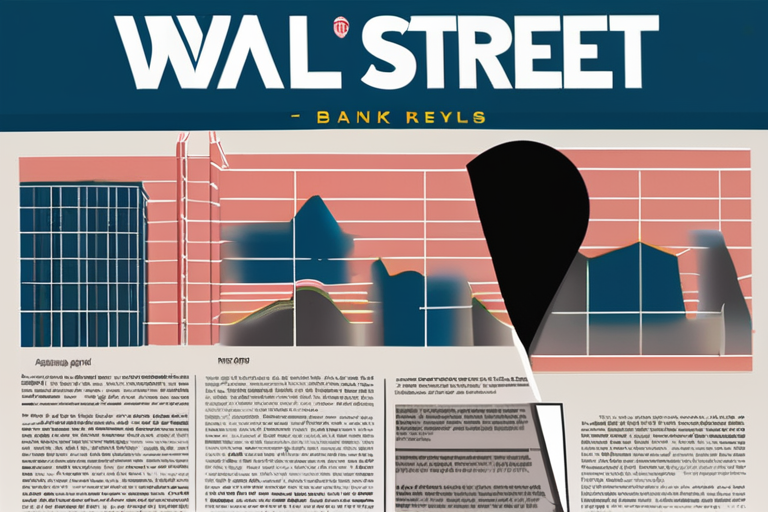


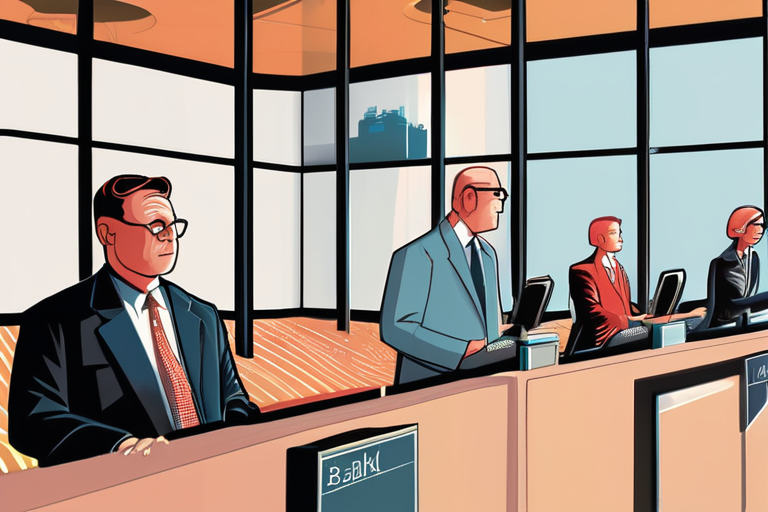


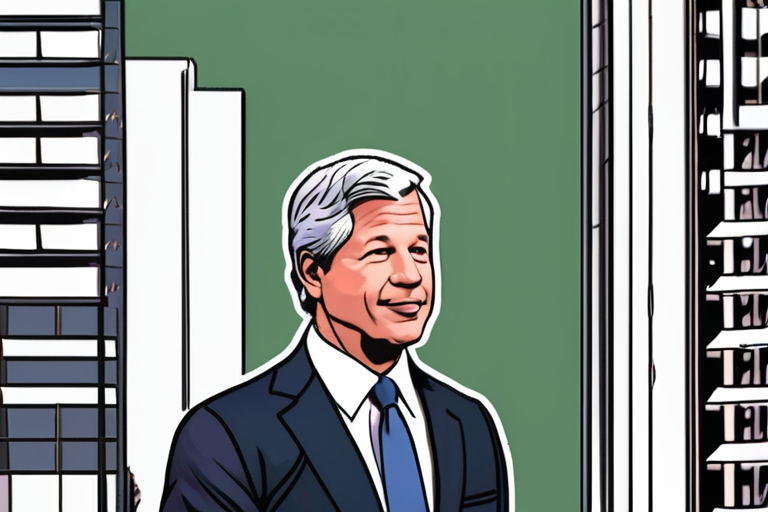




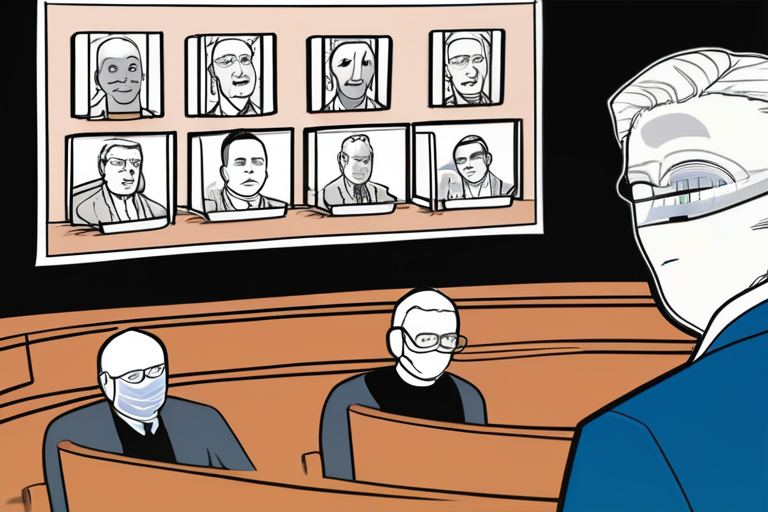
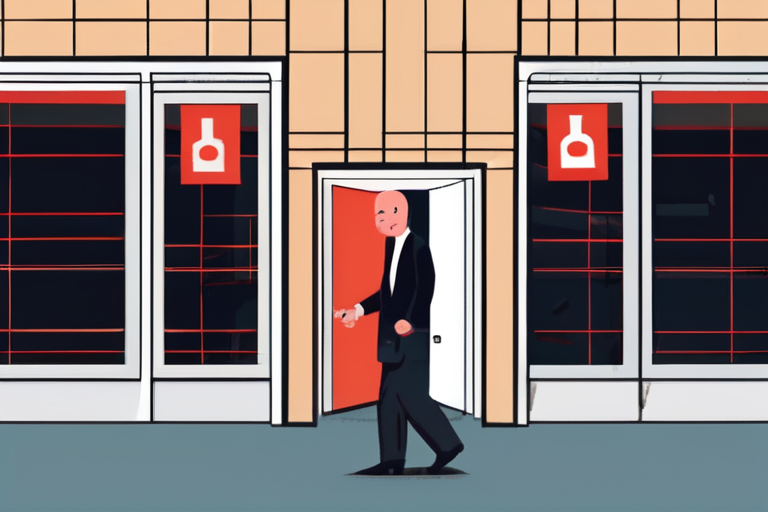
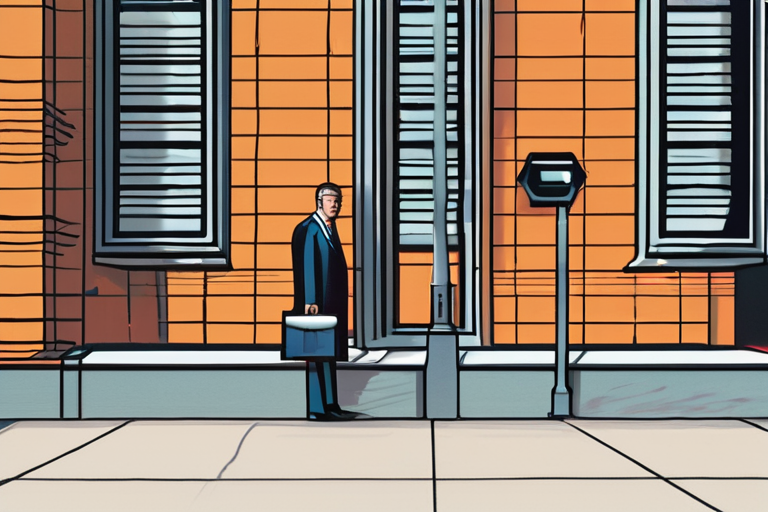








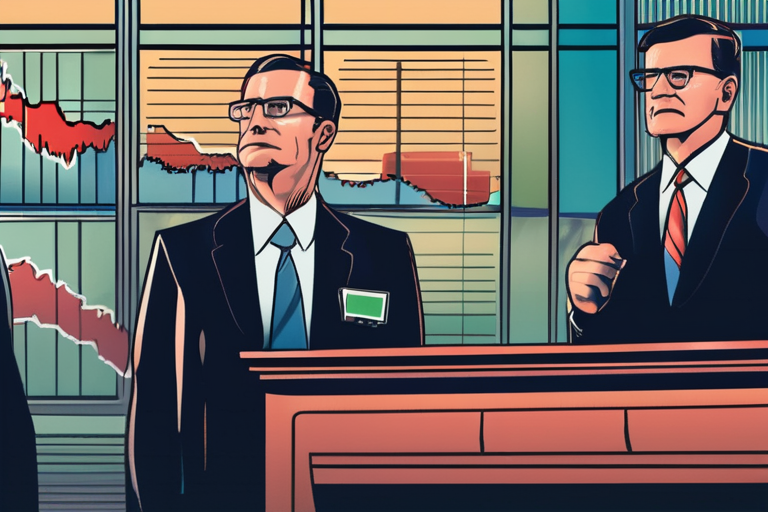
Share & Engage Share
Share this article